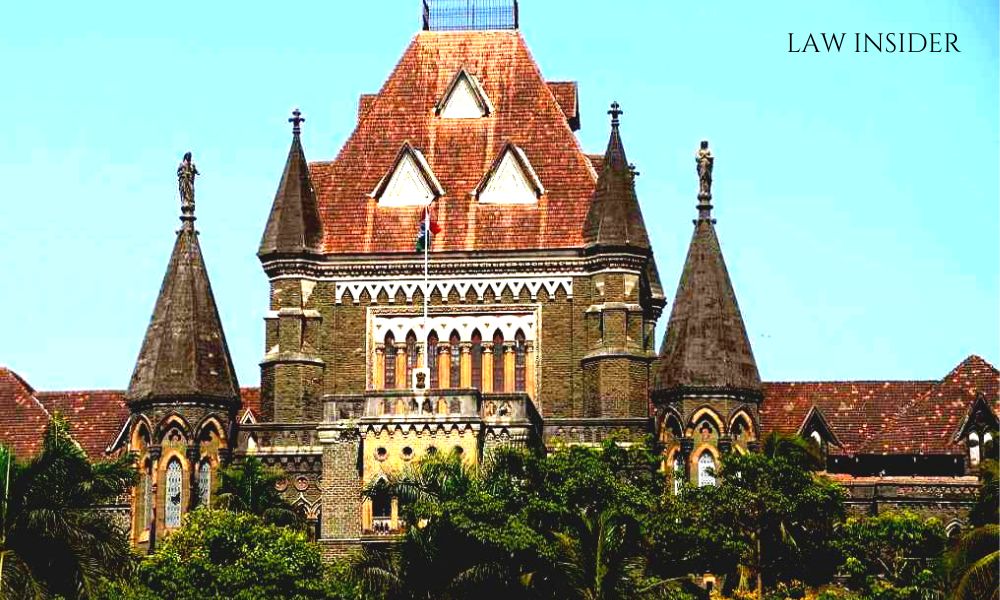LI Network
Published on: January 3, 2024 at 00:01 IST
The Bombay High Court ruled against the invocation of an arbitration agreement and the subsequent submission of a statement of claim by one partner without express authorization from the other partner, deeming it legally unsustainable.
The Court rejected an application filed under Section 11 of the Arbitration and Conciliation Act, 1996 (the Act) related to a dispute arising from an investment agreement between a partnership firm and a private individual.
Highlighting that the arbitration notice lacked approval from the Second Respondent (who was part of the partnership firm), the Court dismissed the application as it did not possess the necessary legal basis to trigger Section 11.
Justice Manish Pitale, presiding over the bench, remarked, “The notice invoking arbitration in the present case was itself defective and such a notice could not have given rise to cause of action for filing of the present application under Section 11 of the Arbitration Act.”
The application filed under Section 11 of the Act addressed a dispute stemming from an investment agreement between the parties. The Applicant claimed to have attempted the agreed dispute resolution process outlined in the agreement, but the First Respondent did not cooperate.
The dispute resolution clause in the investment agreement detailed a two-tier process: initially involving neutral parties appointed by each side, with arbitration available if this approach failed.
The Court dismissed the First Respondent’s argument that the first tier of the process wasn’t exhausted. While emphasizing the importance of following the agreed-upon process, the Court highlighted that compliance could be demonstrated through an extensive exchange of communications aiming at negotiation for dispute resolution. In this instance, the Court found that the Applicant had appointed a neutral party and requested the same from the First Respondent.
The Court accepted the First Respondent’s argument that invoking arbitration without the involvement of the Second Respondent was defective. Relying on Section 19(2)(a) of the Partnership Act, it noted that implied authority didn’t extend to a partner’s right to subject firm-related disputes to arbitration.
Referring to the case of MSEDCL v Godrej & Boyce Manufacturing Company Ltd [2019], the Court determined that the investment agreement considered the partnership of the Applicants and Second Respondent as one entity against the First Respondent as the opposing party.
Hence, the dispute resolution mechanism in the investment agreement, including arbitration, was designed for conflicts between R-Cube Energy (Applicant and Second Respondent) and the First Respondent.
The unilateral notice to invoke arbitration by the Applicant without the necessary consent from the Second Respondent was deemed defective and incapable of prompting a cause of action for the Section 11 application.
Consequently, the Court dismissed the Application.

